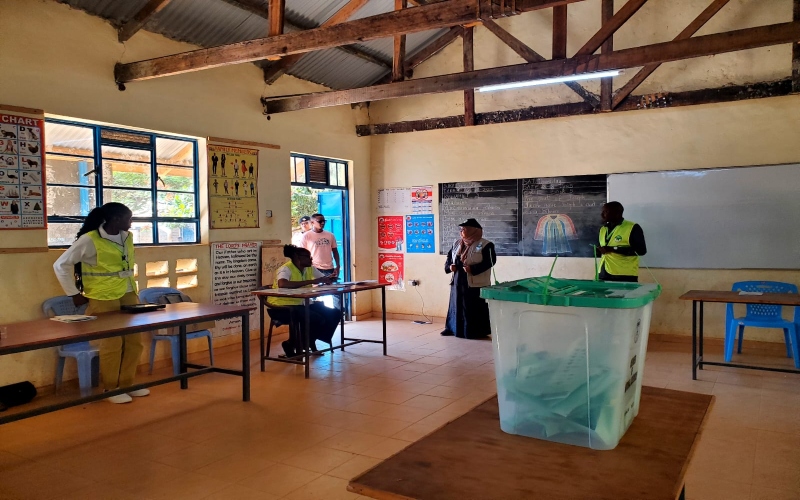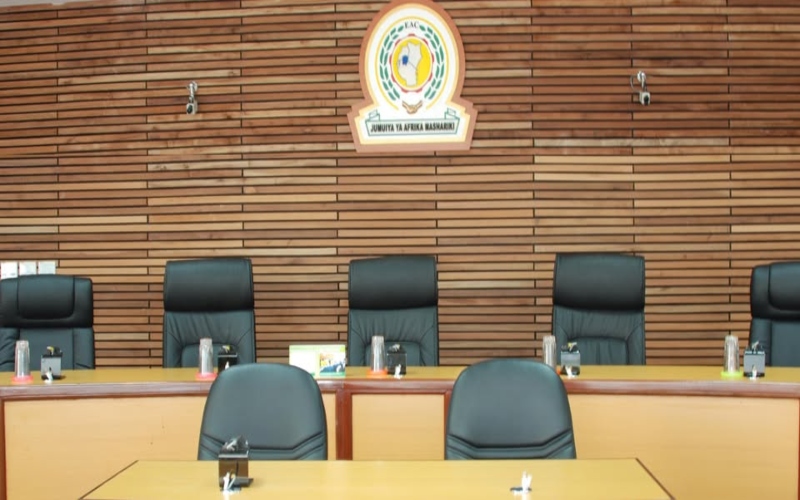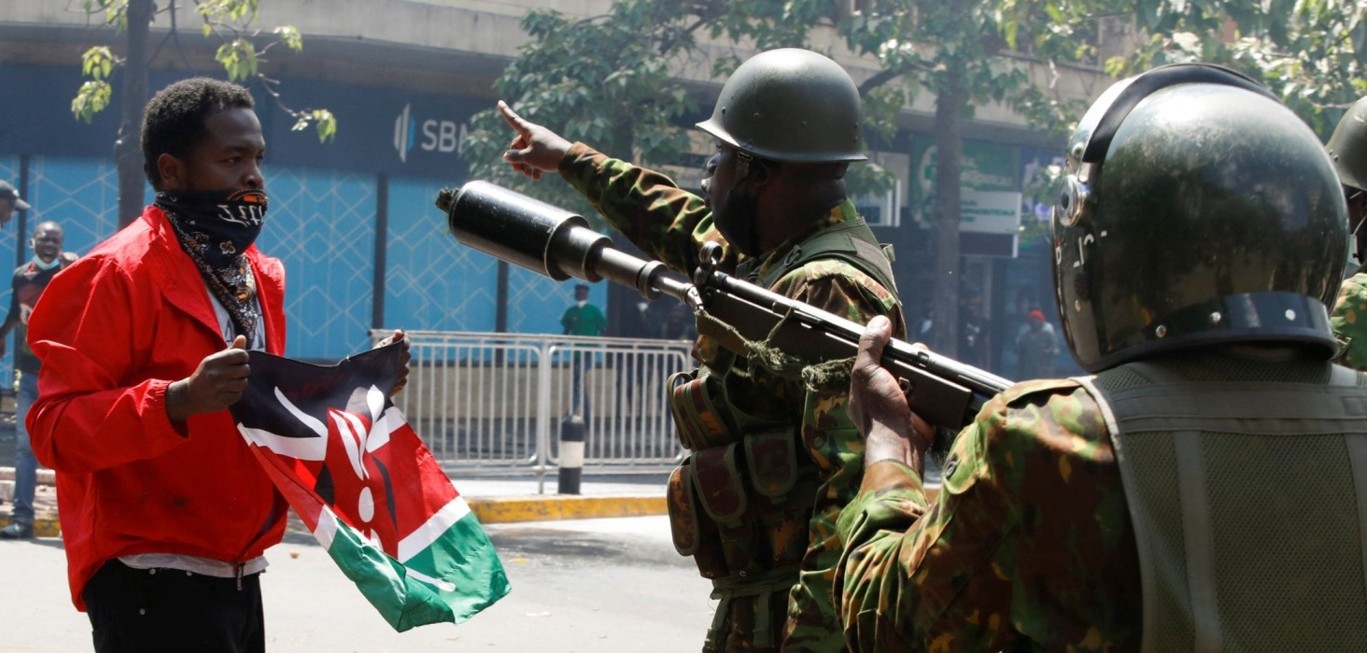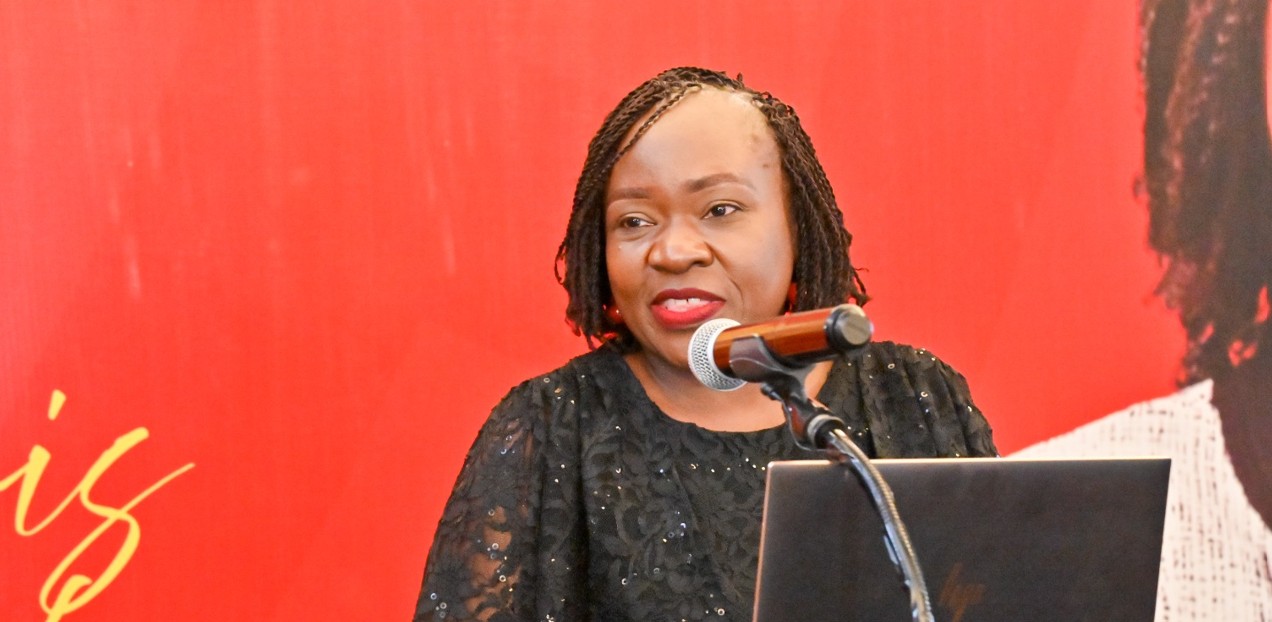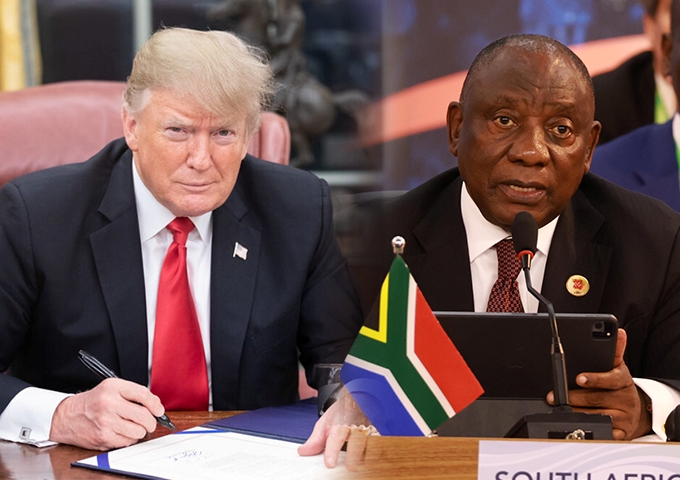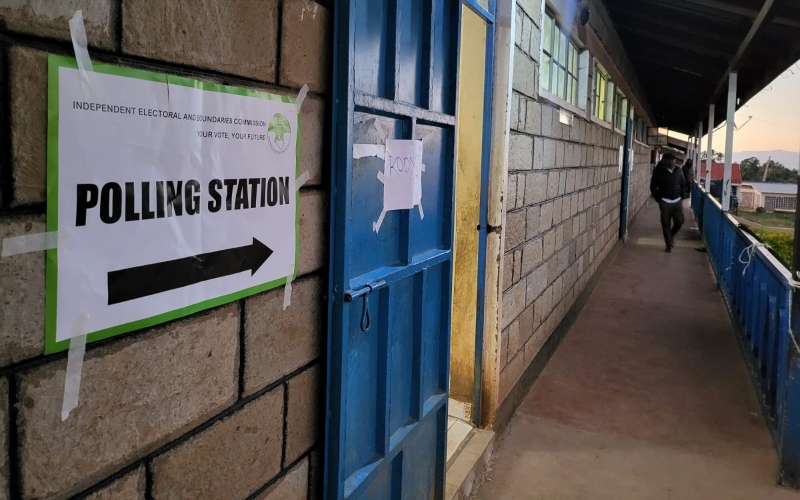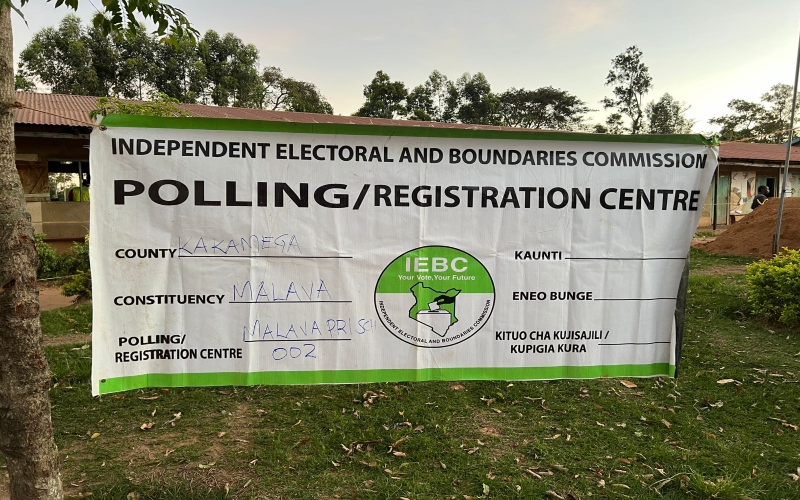Turkey says ‘notable progress’ in Somalia, Ethiopia talks
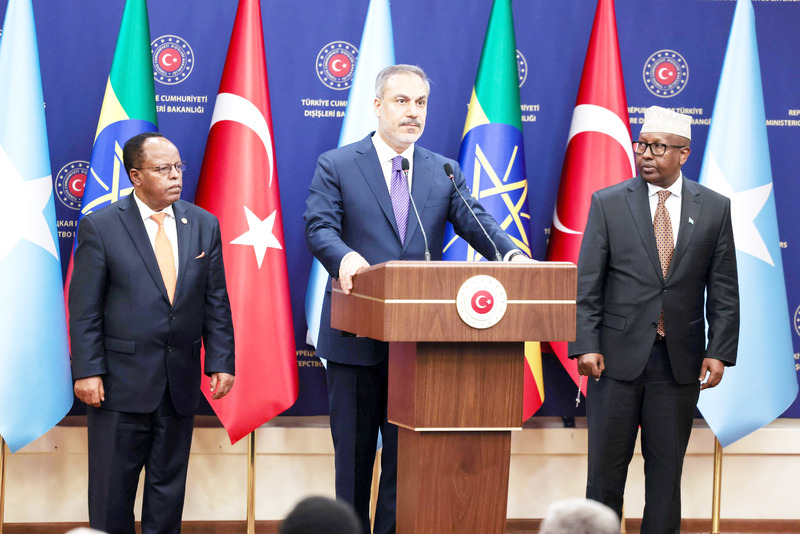
The tensions between Somalia and Ethiopia centre around a sea access deal struck between Ethiopia and Somaliland, a breakaway region of Somalia.
Turkey has announced that Somalia and Ethiopia have made “notable progress” during the second round of talks in Ankara on Tuesday, aimed at easing diplomatic and political tensions between the two Horn of Africa nations.
Turkish Foreign Minister Hakan Fidan mediated the discussions, highlighting Turkey's growing influence in regional and global diplomacy.
More To Read
- International Rescue Committee warns millions at risk as drought intensifies across Northern Somalia
- Faith under fire: How social media fuels rising attacks on religions, followers in Ethiopia
- Somali Region frees ‘121 unlawfully detained’ people, ‘pardons’ two jailed journalists, Rights Commission says
- Daua Dam, irrigation masterplan gain momentum after high-level talks in Nairobi
- South Sudan and Somalia eye group stage in FIFA Arab Cup 2025 qualifiers
- Kenya steps up border checks as Ethiopia confirms outbreak of Marburg Virus Disease
The talks, part of ongoing shuttle diplomacy between the two countries' foreign ministers, were initiated on Monday when both sides initially refused to meet directly.
Fidan expressed satisfaction with the advancements made, stating, "I am pleased to announce that the number and extent of issues we discussed have increased significantly, compared to the first round."
The first round of discussions took place in July, also under Turkey's mediation. “There are important convergences on some major principles and specific modalities. This constitutes notable progress," Fidan added.
The tensions between Somalia and Ethiopia centre around a sea access deal struck between Ethiopia and Somaliland, a breakaway region of Somalia. The memorandum of understanding was aimed to grant Ethiopia, a landlocked country, access to the sea.
In exchange, Somaliland, which declared independence from Somalia in 1991 (a move not recognised by Mogadishu), was reportedly expecting formal recognition from Ethiopia—though Addis Ababa has not confirmed these reports.
Ethiopia lost its access to the Red Sea in the early 1990s following the Eritrean War of Independence, which spanned from 1961 to 1991, culminating in Eritrea's secession and subsequent independence.
Ethiopian Foreign Minister Taye Atske Selassie emphasised Addis Ababa's need to "secure dependable access" to the sea, noting, "We will remain ready to work closely to find solutions for regional tensions."
Somali Foreign Minister Ahmed Moallim Fiqi Ahmed acknowledged the progress made in the talks. He emphasised Somalia's commitment to achieving an outcome consistent with international law and the United Nations Convention on the Law of the Sea.
Ahmed expressed optimism that the momentum generated during the negotiations would lead to a conclusive solution as the third round approaches.
"As we prepare for the third round of talks, we are hopeful that the momentum we have built will lead to a final solution," he said in a post on X.
During the Ankara talks, the Ethiopian and Somali foreign ministers did not engage in direct discussions, with Turkish Foreign Minister Fidan mediating between them.
The next round of talks in September is expected to build on the progress made so far, with the hope of reaching a final agreement.
Other Topics To Read
Top Stories Today
